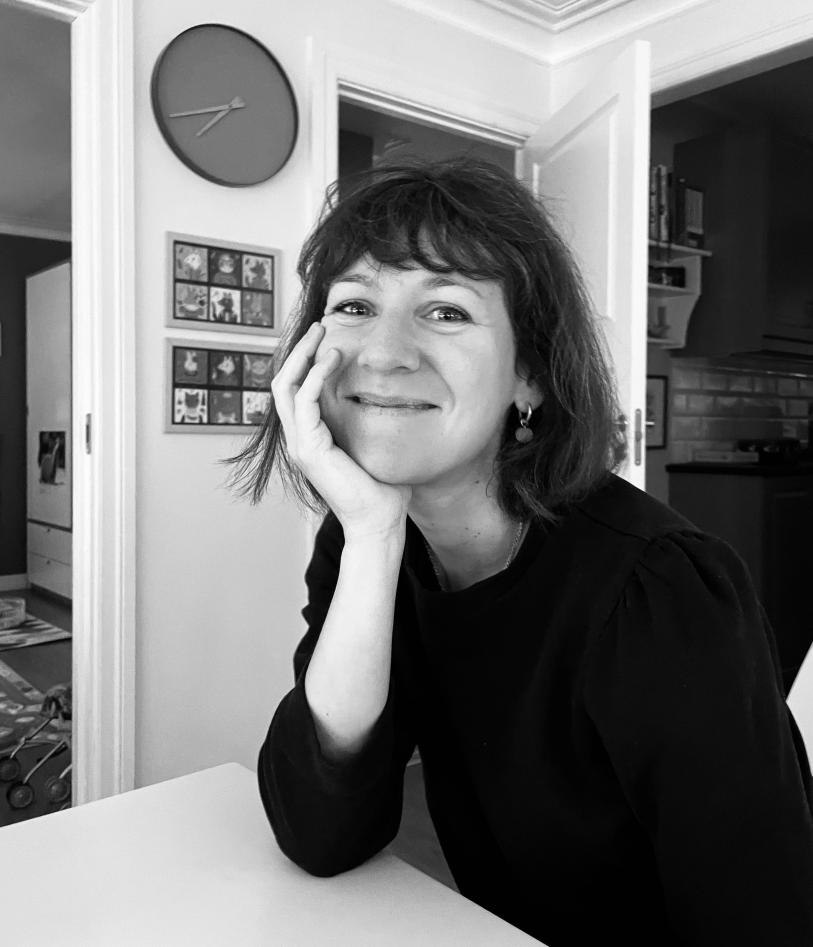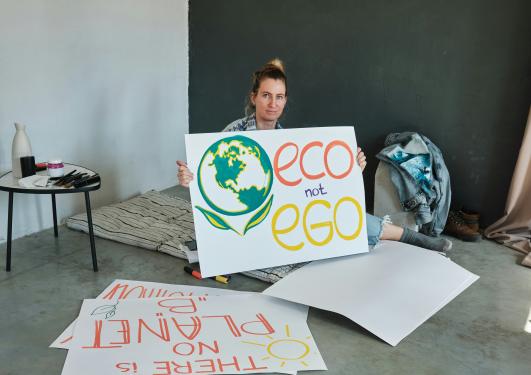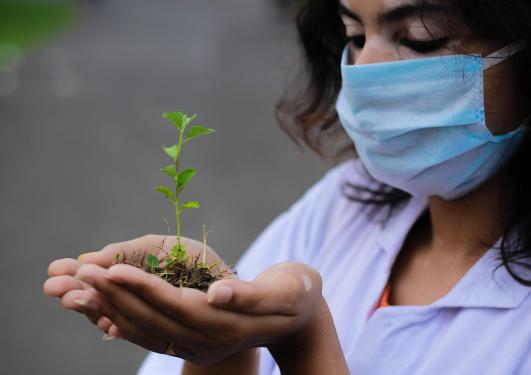Caring for stories from the Arctic
Embracing imperfection, post-abyssal thinking, and staying with the trouble

Main content
Anne Blanchard
Researcher
Centre for the Study of the Sciences and the Humanities, University of Bergen.
In this keynote, under this heavy title (which sounds like a survival kit and definitely isn’t!), I want to explore what it means to do caring narrative research with local Arctic communities, and why that might resonate beyond the Arctic itself.
Working with communities in Greenland as part of the SeMPER-Arctic project, I have been reflecting on how we engage with people’s stories in a way that is caring, respectful, and deeply relational. I will share three key dimensions of care in narrative research that emerged through our work:
- Embracing the perfect imperfections of narratives, i.e., recognising that stories are never fixed or objective but shaped by relationships, emotions, and the contexts in which they are told. This requires walking slowly, listening deeply, and making space for ambiguity and contradiction.
- Engaging in decolonial, post-abyssal thinking (de Sousa Santos, 2007), or in other words, challenging hierarchical research traditions that have long dominated knowledge production in the Arctic and elsewhere. This means questioning categories that draw sharp lines between ‘I’ and ‘others’, and calls for humility in recognising and valuing diverse knowledge systems, particularly those at the epistemic margins.
- Letting go of control and re-anchoring in the present: inspired by ideas like ‘staying with the trouble’ (Haraway, 2016), this encourages us to remain open to the complexities of the stories we encounter, and not forcing them into narratives of idealised futures and predetermined outcomes.
One reason I find this work relevant to the global audience of the Bergen Summer Research School is that Arctic communities, like many local, traditional and/or indigenous communities around the world, face similar challenges of epistemic injustice; where their ways of knowing and lived experiences are often ignored or devalued in dominant research paradigms. I look forward to discussing this with you - the need for research that is slower, more reflexive, and rooted in care.
Anne Blanchard is researcher and associate professor at the Centre for the Study of the Sciences and the Humanities, University of Bergen. Her interest is about how knowledge is used, and shaped, to inform social and political decision-making processes around complex and uncertain sustainability issues. She has been working on responsibility and care in the context of research, in particular through Responsible Research and Innovation (RRI).



